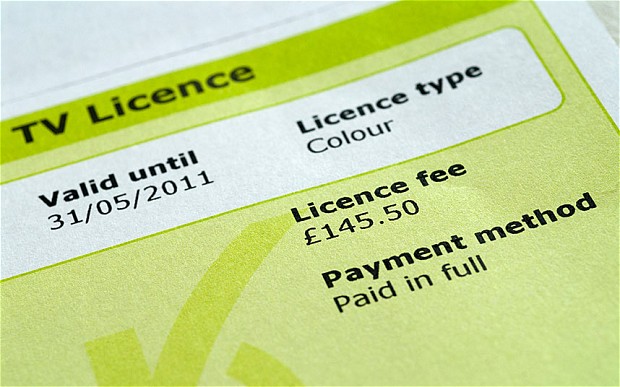The BBC’s use of “draconian” surveillance laws to pursue non-payers of the licence fee is to be reviewed by a top lawyer, after the Culture Secretary raised concerns that too many people are being prosecuted for failing to pay.
The Commons’ culture, media and sport committee has been meeting to discuss proposed changes to the structure of the BBC and the way it receives its funding, and was attended by new minister Sajid Javid yesterday, reports The Times. Speaking at the committee, Mr. Javid expressed concern that the BBC had failed to provide value for money in return for its guaranteed income via the state-mandated ‘licence’ of £145.50, citing executive pay offs and failed I.T. projects. Also of concern was the way in which the BBC had investigated those whom it suspected of fraudulently avoiding paying the licence fee.
The licence fee is the BBC’s most closely guarded possession, and in the process of coercing payment it reportedly sends some 100,000 letters a day to households, threatening them with “investigations”, “proceedings”, and court cases. In 2012, 193,000 court cases were brought by the BBC in 2012, resulting in 51 jail sentences. It has now emerged that one of the means used by the BBC to catch non-payers is through a controversial Blair-era counter-terror law.
The infamous Regulation of Investigatory Powers Act (RIPA) of 2000, known as the ‘snoopers charter’ was voted through on promises it would be used to combat terrorism and organised crime and affords significant powers to a variety of government agencies to intercept communications. Far from only being used in cases of serious criminality, the number of agencies able to invoke the law to spy on citizens grew and last year half a million requests were approved to use the powers.
Criticising the BBC for its use of the power, the head of the committee said: “Most people regarded Ripa as a fairly draconian measure which was necessary to tackle organised crime and terrorism. Not paying your licence fee hardly falls into that category”. When asked to justify their use of the RIPA legislation, the BBC merely responded that it was “perfectly legal”.
The negotiations over the next BBC charter, which will govern how the corporation’s income is raised and how it is spent will begin after the next election, however the work by Mr. Javid is laying groundwork for significant change should the Conservatives find themselves in power again in 2015. Modifications to the funding model could include decriminalising non-payment of the licence fee, or monetizing the BBC’s output by creating subscription services for premium or niche content.

COMMENTS
Please let us know if you're having issues with commenting.